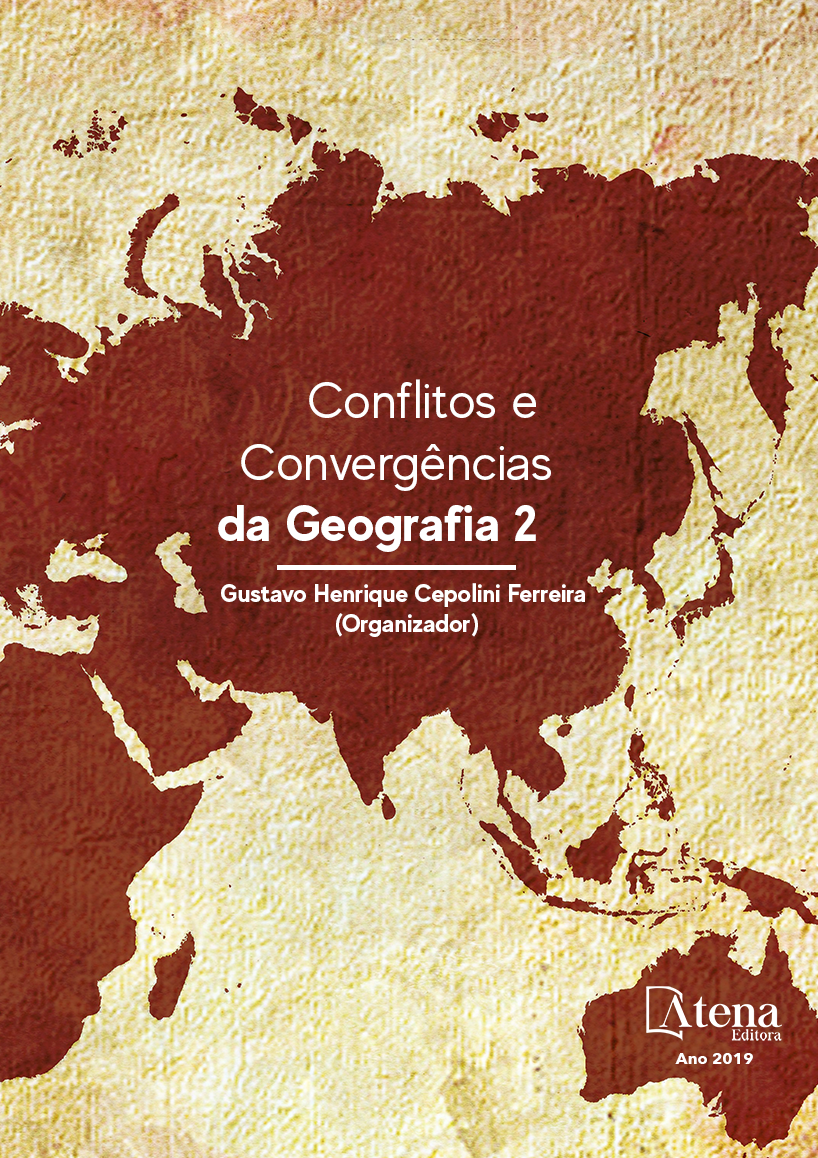
UMA REFLEXÃO SOBRE AS TRANSFORMAÇÕES DO CENTRO COMERCIAL DE SUMÉ-PB DIANTE DO ATUAL CONTEXTO LOCAL/REGIONAL
O surgimento das cidades e
seu desenvolvimento, principalmente em
sociedades pré-capitalistas, se deram através
da relação dialética entre os pontos de
comercio e os fluxos de pessoas e mercadorias.
Tratando-se do interior do Nordeste brasileiro,
pode-se identificar essa dialética como a
sinergia resultante nas localidades centrais
de pequeno porte, já que concentravam e/ou
reproduziam todos os eventos realizados em sua
hinterlândia. Formando pequenos aglomerados
com funções diversas, configurando uma rede
limitada, porém complexa. Por outro lado,
a partir da segunda metade do século XX
algumas cidades, como no caso de Sumé-PB,
foram efetivamente integradas aos processos
de escala global. Diante desse novo contexto,
acompanhado por um aumento da qualidade de
vida, observa-se no espaço urbano tentativas
de (re)produção dos arquétipos da cidade
moderna, como a valorização das novas
formas de comércio e serviços em detrimento
das tradicionais. Partindo desta hipótese, o
presente texto objetiva inserir-se no debate a
respeito do notório processo de decadência
do pequeno comércio das pequenas cidades
interioranas e sua importância sociocultural.
Para concretização dos objetivos propostos, foi
realizado uma pesquisa teórica-metodológica,
tal como investigações sobre os trabalhos já
realizados sobre a localidade. Constatou-se que
o arranjo espacial se transforma de acordo com
a nova lógica de desenvolvimento, na qual busca
emancipar-se enquanto uma materialidade
contemporânea resultante do diálogo entre a
própria força coercitiva do Estado em conjunto
com as relações sociais que viabilizaram tais
mutações, resultando no desparecimento do
comercio em virtude da expansão dos novos
instrumento de consumo.
UMA REFLEXÃO SOBRE AS TRANSFORMAÇÕES DO CENTRO COMERCIAL DE SUMÉ-PB DIANTE DO ATUAL CONTEXTO LOCAL/REGIONAL
-
DOI: 10.22533/at.ed.3301915046
-
Palavras-chave: Comércio; Espaço; Resistência.
-
Keywords: Trade; Space; Resistance
-
Abstract:
The emergence of cities and
their development, especially in pre-capitalist
societies, took place through the dialectical
relationship between points of commerce and
the flows of people and goods. In the interior
of the Brazilian Northeast, this dialectic can be
identified as the resultant synergy in small central localities, since they concentrated
and / or reproduced all the events in their hinterland. Forming small clusters with
different functions, configuring a limited but complex network. On the other hand, from
the second half of the twentieth century some cities, as in the case of Sumé-PB, were
effectively integrated into the processes of global scale. In view of this new context,
accompanied by an increase in the quality of life, attempts are made in urban space to
(re) produce the archetypes of the modern city, such as valuing new forms of commerce
and services over traditional ones. Starting from this hypothesis, the present text aims
to be inserted in the debate about the notorious process of decay of the small commerce
of the small inner cities and their socio-cultural importance. In order to achieve the
proposed objectives, a theoretical-methodological research was carried out, as well as
investigations about the work already carried out on the locality. It was observed that the
spatial arrangement is transformed according to the new developmental logic, in which
it seeks to emancipate itself as a contemporary materiality resulting from the dialogue
between the coercive force of the State itself and the social relations that enabled such
mutations, resulting in the disappearance of the trade due to the expansion of the new
instrument of consumption.
-
Número de páginas: 15
- Gustavo dos Santos Costa
- Gustavo dos Santos Costa


